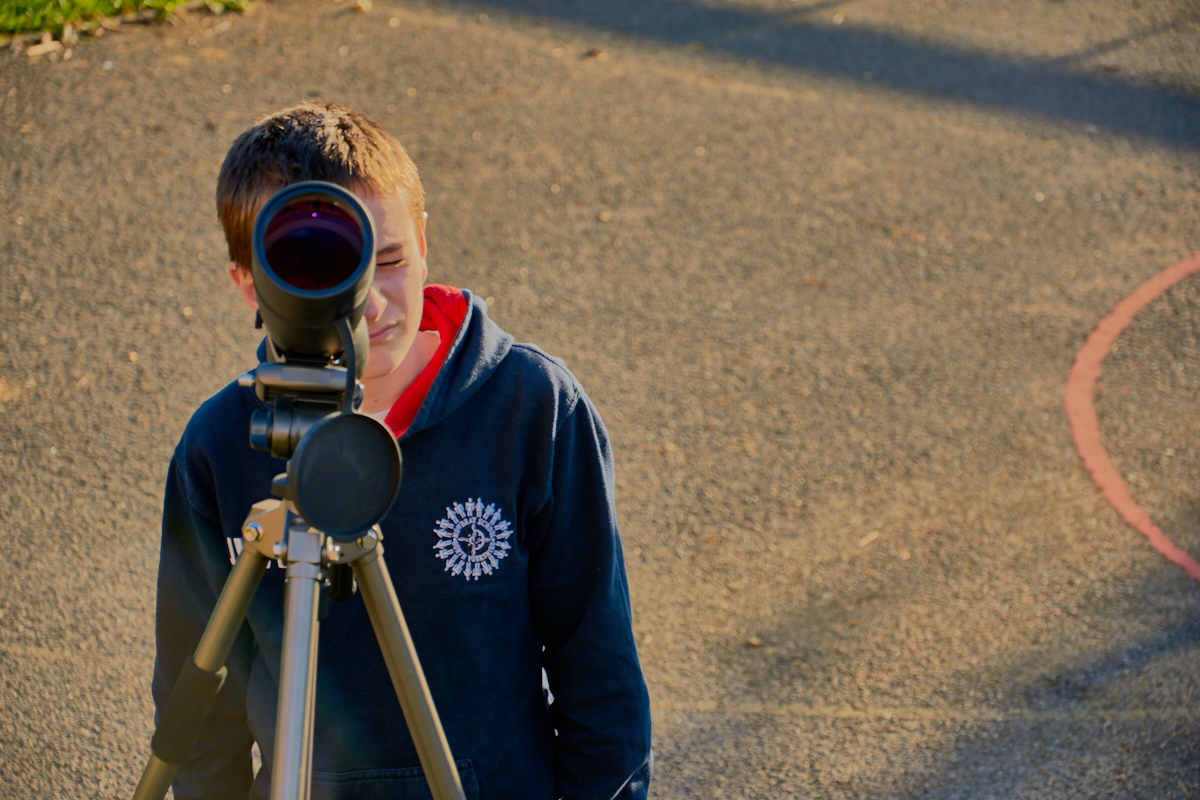Our Mission Statement
We provide the best education for all our children so that when they leave our school they have the skills, knowledge and aspirations to lead fulfilling lives as adults.
Our School Ethos and Values
Our school ethos is SURE and underpins all learning and values that parents, pupils and staff share and wish to promote and develop here. SURE stands for ‘Achieving Success through Understanding, Respect and Endeavour’.
Our Vision
We believe that children thrive when encouraged and supported; they respond to being treated in a positive and nurturing manner. The principles that comprise SURE are valued by both children and staff. They reflect our desire to help children to understand their difficulties, support their wellbeing, develop respect for themselves and others and become successful in what they do and achieve throughout their time in school and into adulthood.
Curriculum Intent
The intention of our curriculum is to create personalised learning opportunities based around individual EHCP outcomes and academic progress to successfully prepare our pupils for each stage of transition and life after school. At Mowbray School, we believe in providing our children with the best possible start to their education and that we establish the building blocks for their future learning from the moment they start with us. We have high expectations of all children and understand the vital role that early intervention has in providing aspirational outcomes into adulthood.
Our curriculum is based around the principles of Preparation for Adulthood and the themes are woven through the whole curriculum offer, from Early Years through to year 11. Specific strategies are also embedded in the curriculum to enable communication and independence such as a total communication approach, Emotion Coaching, Thrive, TEACCH, Compass Buzz and Attention Autism. We offer a broad and balanced, curriculum that promotes active engagement, learning and success in generalising skills and knowledge across the curriculum and beyond. Our Semi Formal and Formal Pastoral pathways focus on developing key skills that equip children and young people for their time in school and life beyond the school. Our Formal pathway curriculum is designed to offer appropriate weighting of subject delivery to meet all needs of the pupils. Our curriculum is responsive to each learner building on individual strengths and interests.
Curriculum Implementation
- The curriculum is structured to identify individual start points to allow progress to be ipsative.
- Pupils access the curriculum using a stage not age approach, that is developmentally appropriate to ensure a clear sequence of learning that considers young people’s needs and interests.
- Learning is organised into curriculum pathways based on student need and starting points.
- Curriculum planning is a collaborative process led by pathway or specialist subject leads.
- Immersive and contextual learning opportunities are provided in order to support progress in holistic learning and towards the pupil’s aspirations.

Curriculum Overviews
Please click on the following links for the curriculum intent…
- Art Curriculum Intent
- Computing Curriculum Intent
- Culture and MFL Curriculum Intent
- DT Curriculum Intent
- English Curriculum Intent
- EYFS Curriculum
- Geography Curriculum Intent
- PSHE/RE Curriculum Intent
- Mathematics Curriculum Intent
- Music Curriculum Intent
- Music Development Plan Summary
- Outdoor Learning Curriculum Intent
- Physical Education Curriculum Intent
- RE Curriculum Intent
- Science Curriculum Intent
If you would like any further information about our Primary Curriculum please contact Katie Oliver, Deputy Head, on 01677 422446.
How we teach Phonics at Mowbray School
At Mowbray School phonics is taught through the Little Wandle phonics programme. This is a Department for Education validated Systematic Synthetic Phonics programme. Staff who deliver phonics across the school have all completed the Little Wandle phonics training. Their practice is reviewed and updated through regular CPD.
Children who are learning to read receive daily phonics teaching and are assessed daily. Children remain in their class for their phonics learning to ensure emotional and sensory regulation. Children are taught individually or in small groups, learning to read at a pace which is appropriate to their own level of development.
